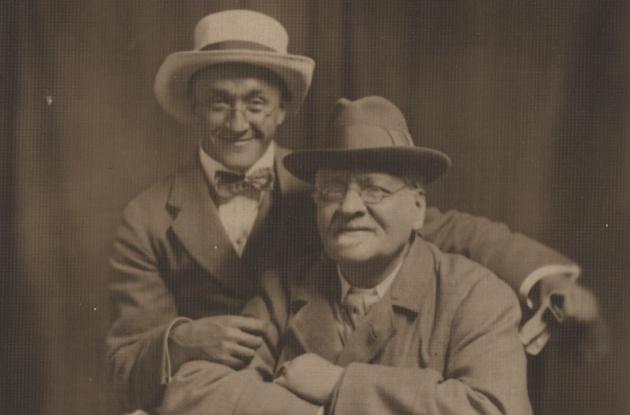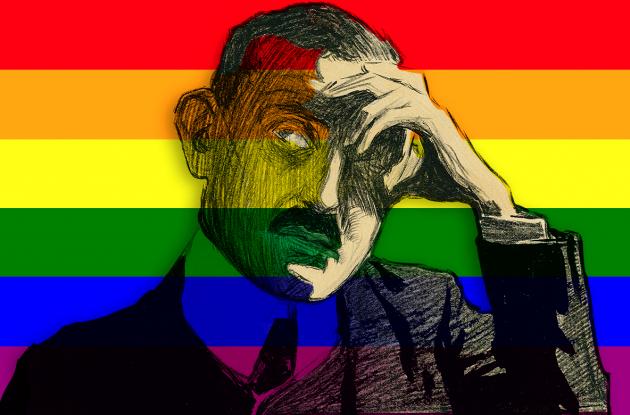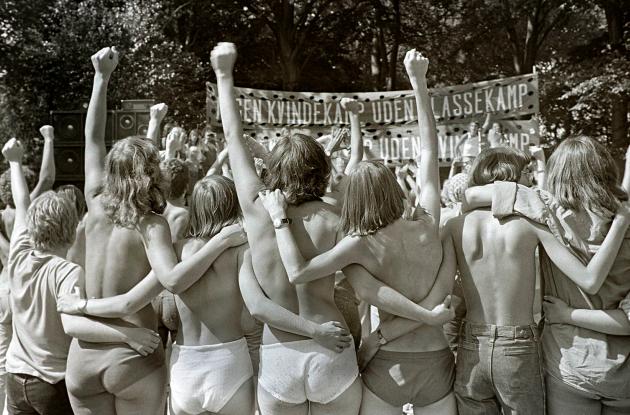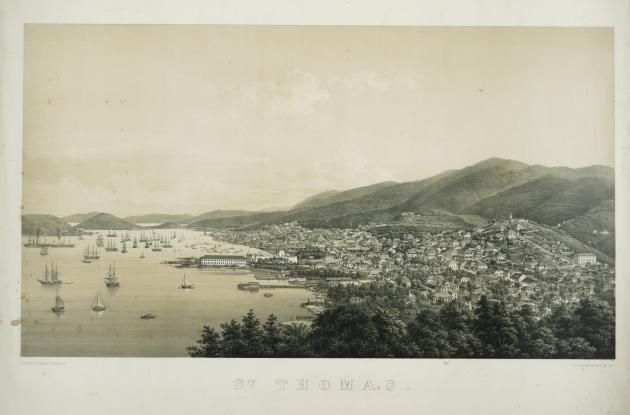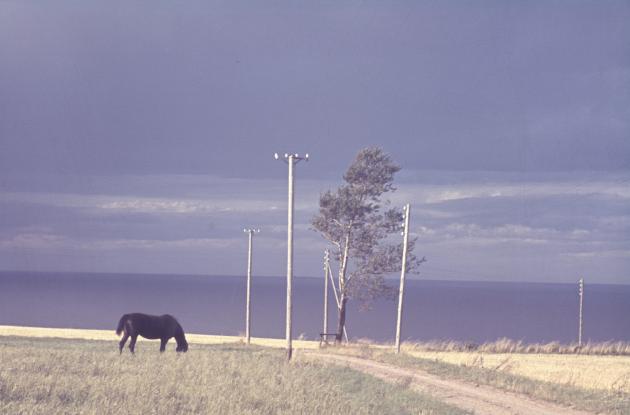Copenhagen Pride
The Danish cultural heritage contains many imprints left by LGBTI+ individuals. Here, we delve into the archives and explore the stories that have contributed to shaping the Danish LGBTI+ history.
Royal Danish Library's huge collections of books, magazines, letters, pictures and private archives contain traces of the lives of LGBTI+ people throughout history. Both people who, like the trans pioneer Christine Jorgensen, lived fully open lives as queer persons, and the many others who had to hide their private lives.
In these pages you can meet a number of LGBTI+ people who navigated between visibility and invisibility in different ways - and you can hear a little about what they have left behind and how we can tell their stories today. What can we know for sure about feelings and identities that were so forbidden that they were often not even revealed in letters to friends and family?
You can also find an overview of the LGBTI+ struggle in Danish history, as well as dive into the new activist movements of the 1970s - where visibility suddenly became a requirement internally in the queer rights movement, and the act of coming out was used as a weapon in the struggle for equality and rights in society.
We also provide a guide to materials on LGBTI+ topics in our collection.
Christine Jorgensen
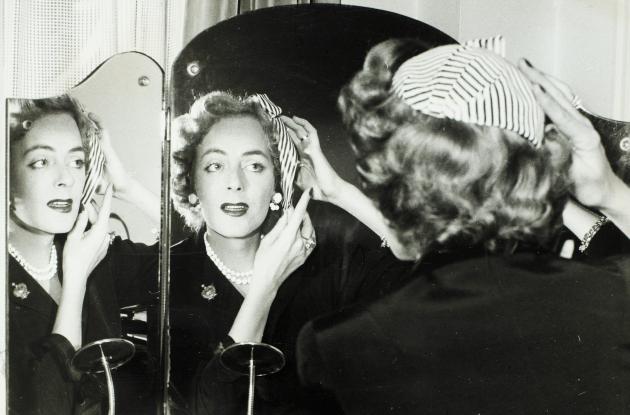
Siri von Essen and Marie Caroline David
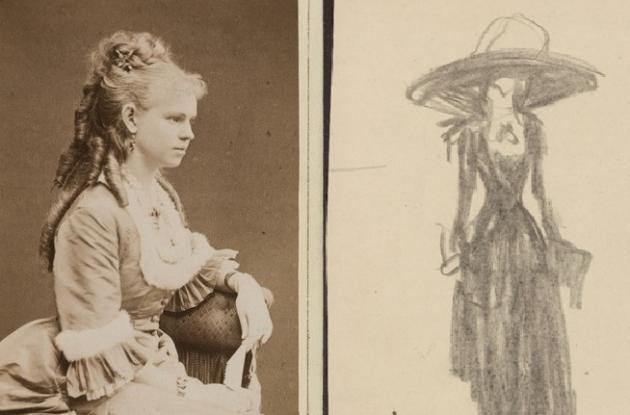
Herman Bang

Doris Pollas
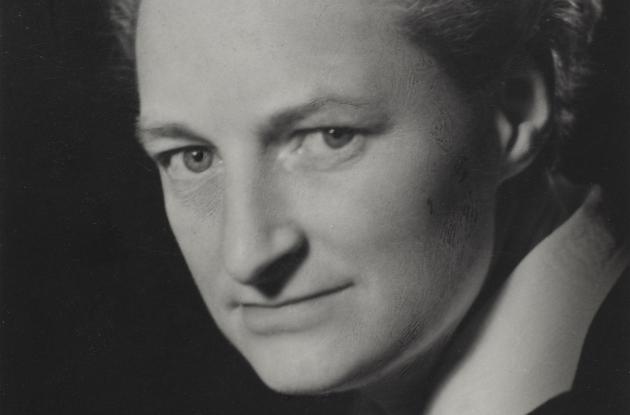
Leonora Christina Skov
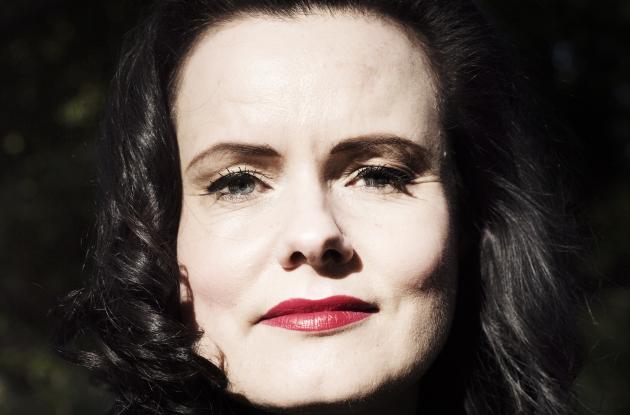
Gay Liberation Front and Lesbian Movement
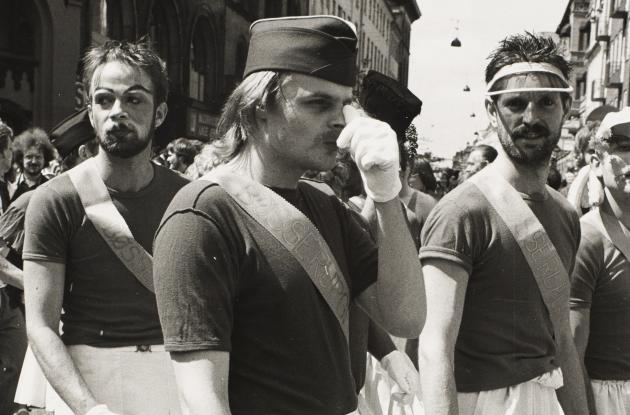
An open moment
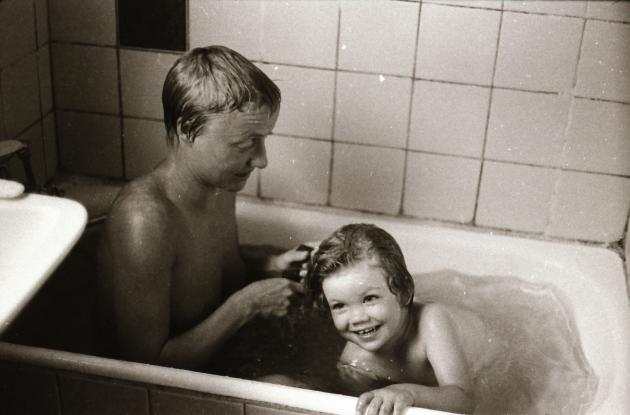
LGBTI+ materials at Royal Danish Library
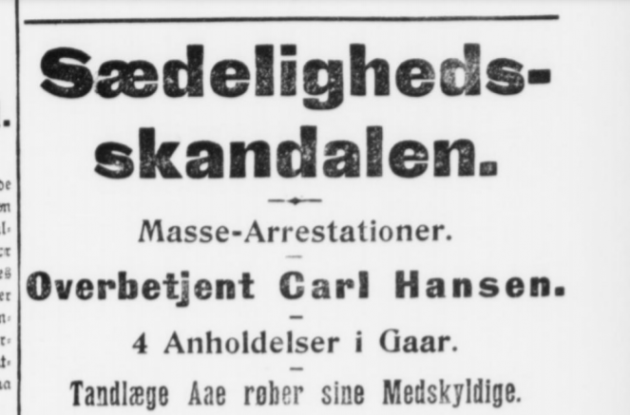
A short timeline
